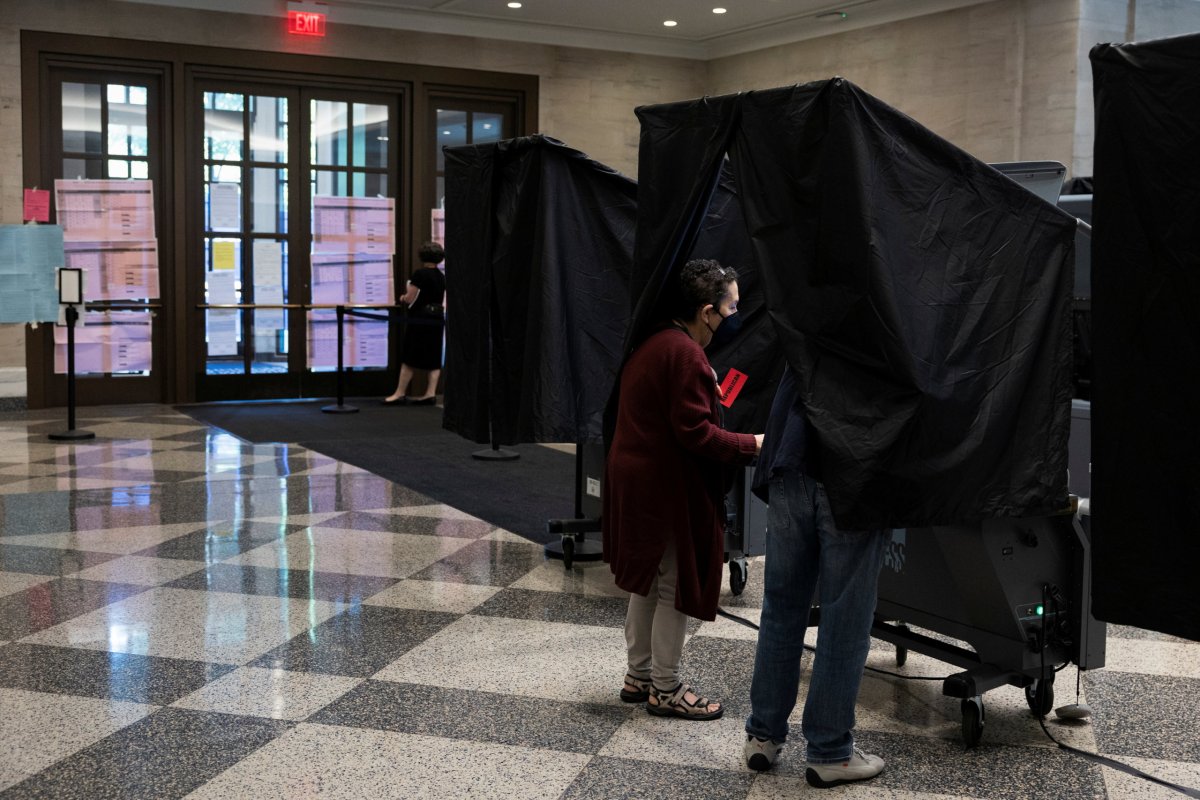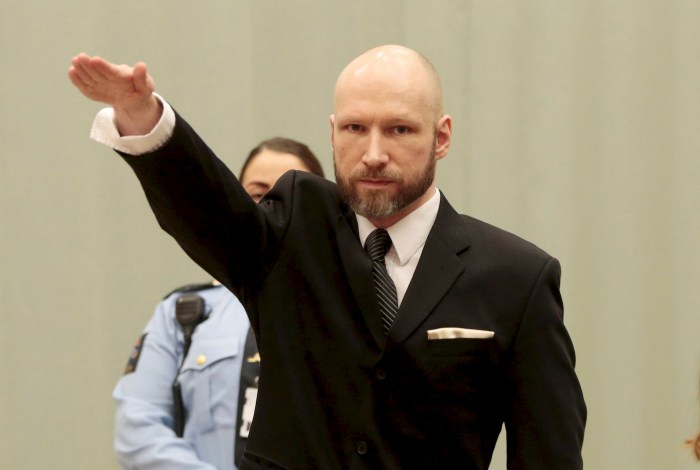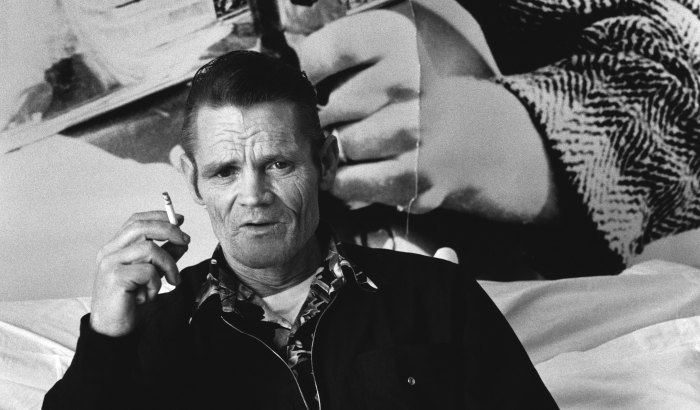By Erik Kirschbaum
BERLIN (Reuters) – Germany’s Social Democrats (SPD) have narrowed the gap with Chancellor Angela Merkel’s conservatives to 2 percentage points from 3 in the last week, according to a poll for Stern magazine by the Forsa institute. Seven months before federal elections, the closely watched Forsa survey of 2,500 voters found support for Merkel’s Christian Democrats (CDU) and their Bavarian sister party, the Christian Social Union (CSU), fell 1 point to 33 percent. The SPD was steady at 31 percent. Some other leading opinion polls have showed the SPD ahead of or even with the CDU/CSU, including one on Sunday from the Emnid institute that put them neck-and-neck at 32 percent.
In a new poll of 2,004 voters by the INSA institute for Bild newspaper, also published on Wednesday, the SPD moved back ahead of Merkel’s conservatives, marking the third time in the last three weeks that the lead has changed hands in that survey. INSA, which is more volatile than other leading polls, showed the SPD rising 2 percentage points in the last week to 32 percent, while the Christian Democrats and Christian Social Union (CSU) fell 1 point to 30.5 percent. Three weeks ago INSA had the SPD ahead of the CDU/CSU by 31-30.
Merkel is seeking a fourth term in the Sept. 24 election. She now leads a coalition government made up of her CDU/CSU and the center-left SPD. Both are hoping to form a new government with smaller allies. After years of glacial changes in poll numbers, the SPD’s surge and the CDU/CSU’s slide have represented one of the most dramatic swings in recent German political history.
The CDU/CSU held a 17-point lead over the SPD in a similar Forsa poll on Jan. 18. The SPD, whose fortunes have been revitalized after naming former European Parliament president Martin Schulz as its candidate for chancellor, has gained 10 points since. “You said we went to bed and woke up with ‘Brexit’,” Schulz said in a campaign speech, referring to the surprise decision by British voters to leave the European Union. “You went to bed and woke up with Trump,” he added, referring to the surprise U.S. presidential election win by Donald Trump. “Yes! On September 23, we’ll also go to bed and we will wake up with an election win for the SPD,” Schulz said to cheers.
Forsa Managing Director Manfred Guellner said the SPD was managing to win back support from many former non-voters, drawn to the prospect that Schulz would push the party to the left.
The Forsa poll also found the SPD’s possible coalition partner, the Greens, rising 1 point to 8 percent, while the hard-left Linke fell 1 point to 7 percent. Those three left-leaning parties would win 46 percent, which would probably fall short of a majority. Supplementing the 33 percent for the CDU/CSU, the pro-business Free Democrats (FDP) gained 1 point to 7 percent – leaving that combination also short of a majority.
The anti-immigrant Alternative for Germany (AfD), which has no coalition allies, rose 1 point to 9 percent.
(Additional reporting by Tanya Wood; writing by Erik Kirschbaum; Editing by Mark Trevelyan)




















